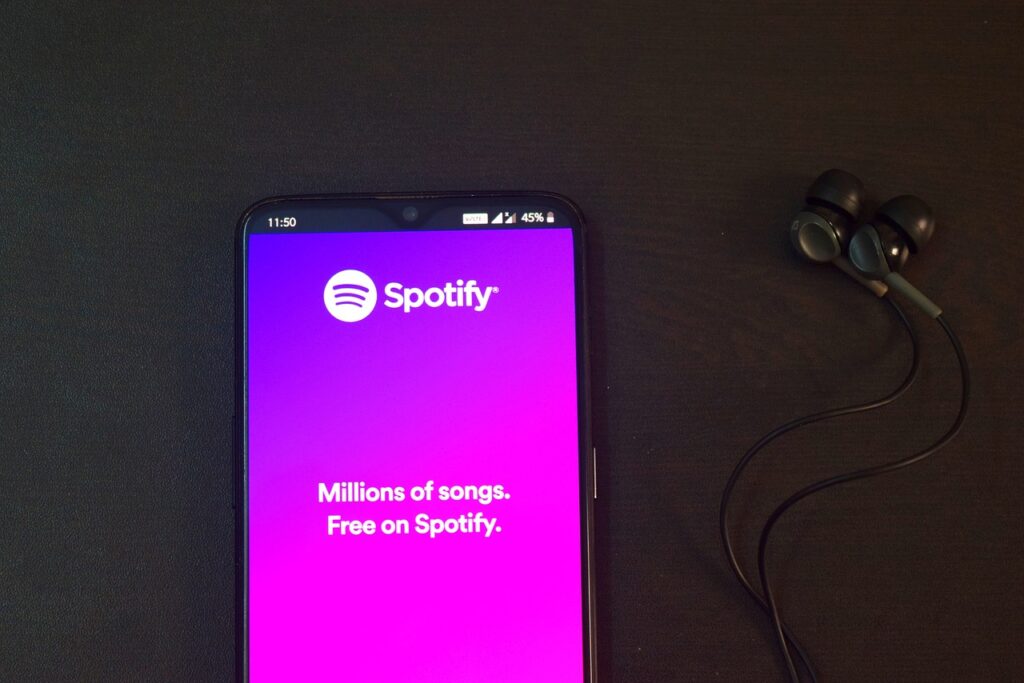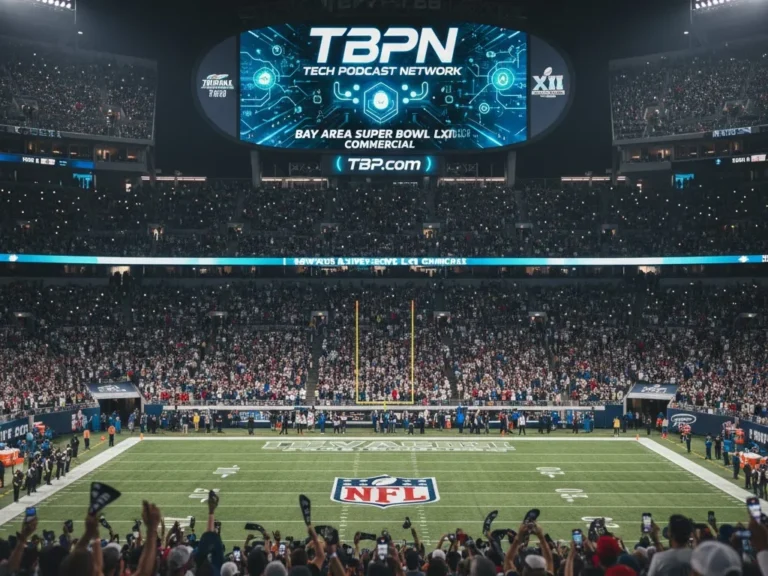When ChatGPT triggered an artificial intelligence arms race, big tech companies weren’t the only ones drawn into the competition. Beyond Google, Meta, and Apple’s endeavors to create competitive generative AI products, other tech-adjacent companies have been eyeing AI as a means to boost their revenue. Spotify, the popular music streaming platform, is making waves with its foray into AI-powered text-to-speech synthesis, a move that could have significant implications for audiobook narrators.
Spotify’s Latest Move Could Disrupt Audiobook Narrators’ Careers

Spotify’s Exploration of AI
In April, Spotify’s CEO, Daniel Ek, acknowledged the potential of AI for enhancing creativity. The company’s AI DJ, introduced in February, already personalized radio stations with an AI-generated DJ voiceover. However, Spotify’s ambitions go even further. The company filed a patent for an AI-powered text-to-speech synthesis method and system, aiming to create human-like speech with emotions, intentions, projections, pace, and accents.


